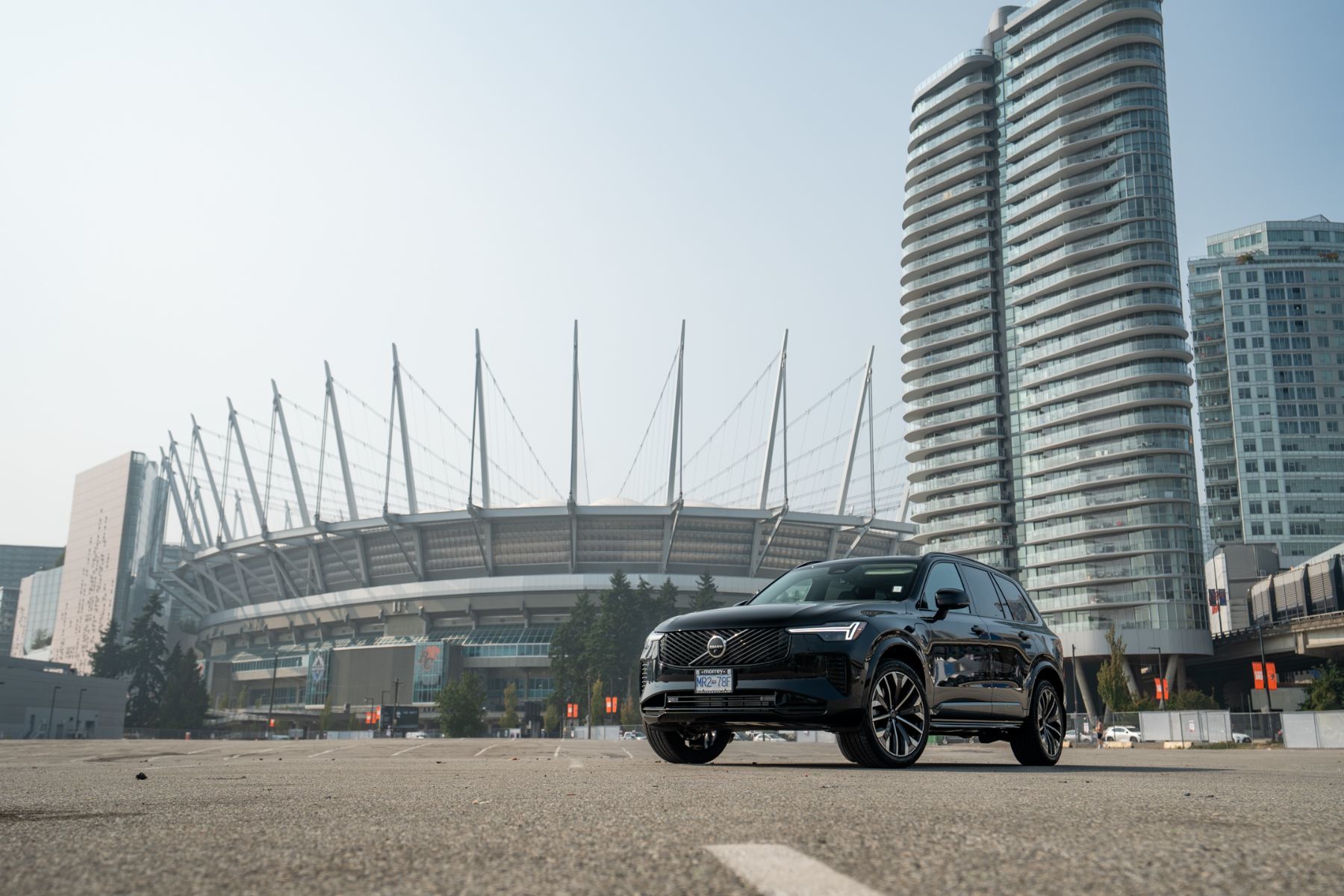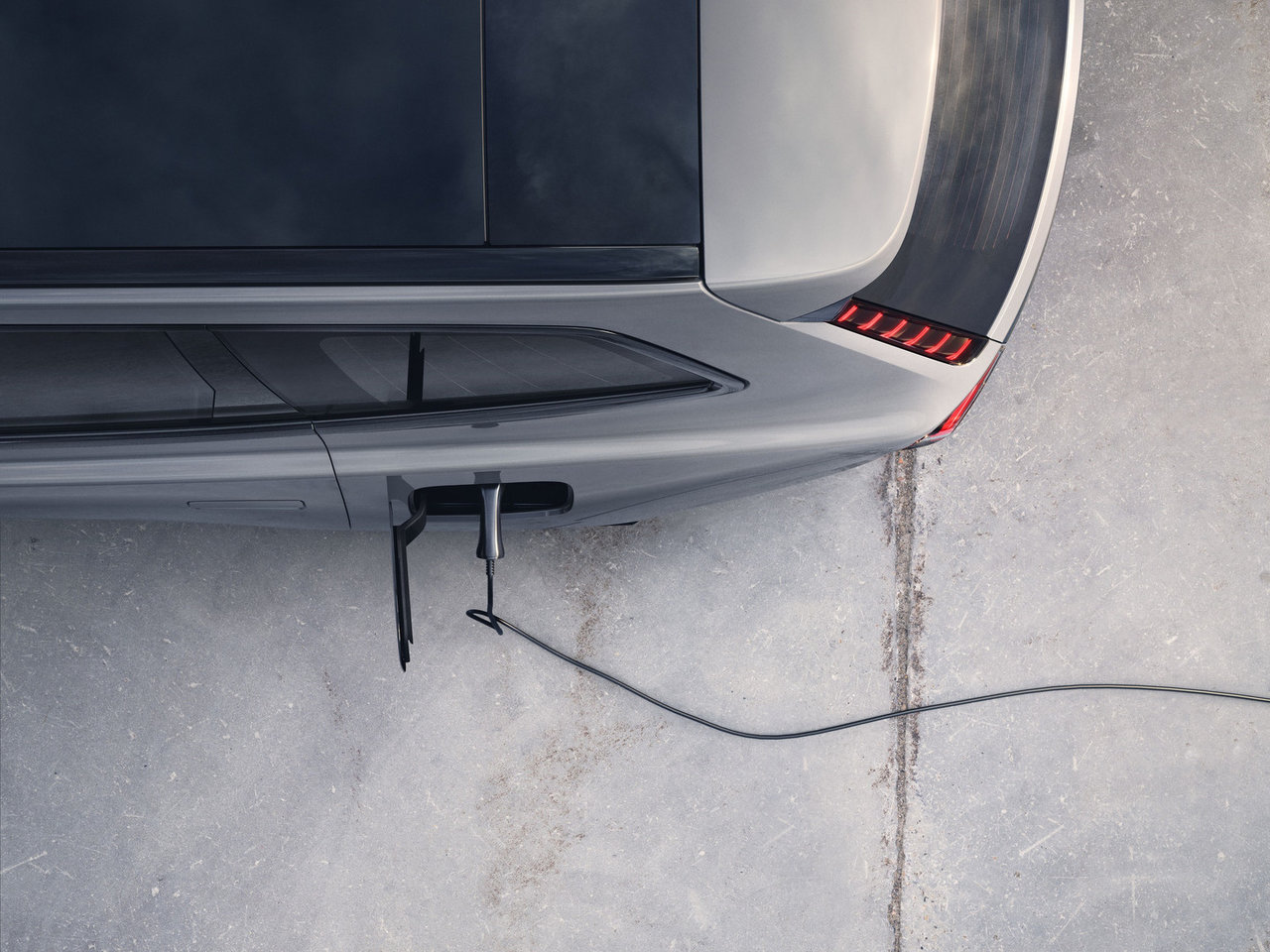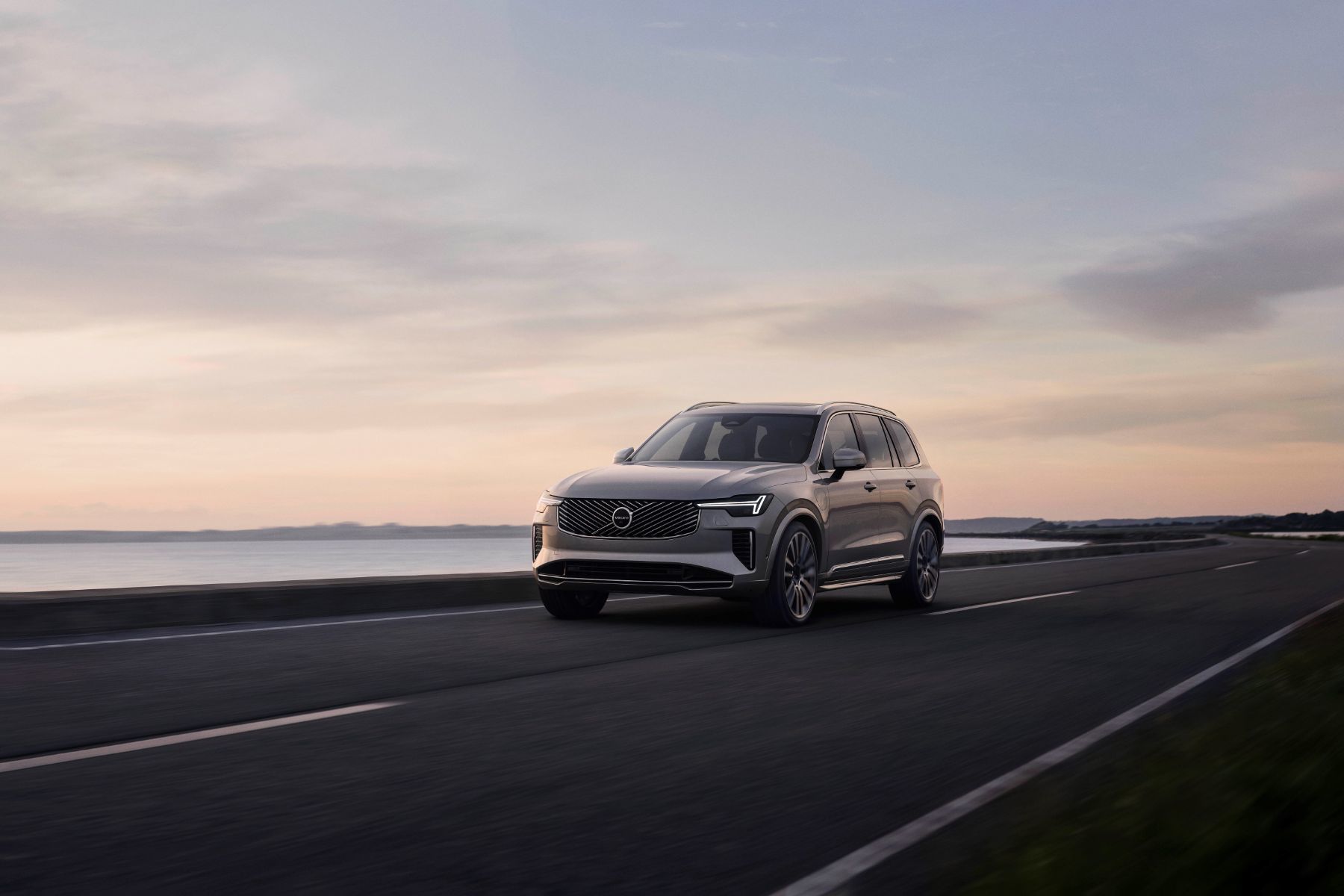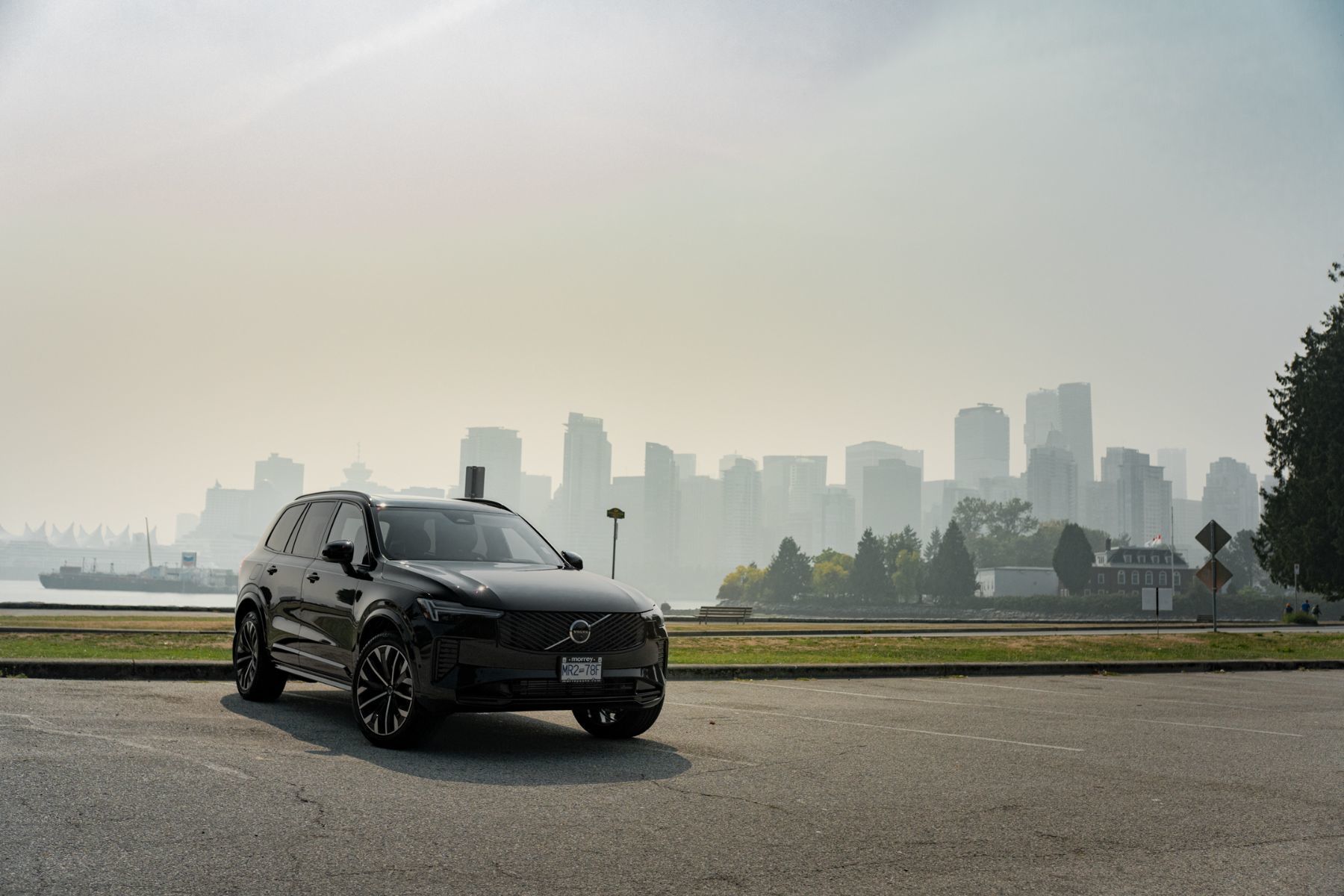
What Are Your Winter Tire Options on the Volvo XC90?
If you drive an XC90 in Metro Vancouver, winter can mean cold rain in the city and snow on the way to Squamish, Whistler, or the Coquihalla. Below...
Read moreMorrey Volvo Cars Burnaby

At the recent Climate Week NYC, a platform that convenes leaders to discuss and advance climate solutions, Volvo Cars made headlines by announcing two pivotal sustainability goals. The Swedish automaker has committed to selling only fully electric vehicles by 2030 and achieving complete climate neutrality across its operations by 2040. These ambitious targets position Volvo Cars as one of the most forward-thinking legacy automakers in the race for comprehensive environmental sustainability.
The goal set for 2030 signifies a landmark shift for Volvo Cars. In less than a decade, the company plans to fully transition its product lineup to feature only electric models. This plan involves a complete phase-out of all internal combustion engines, including hybrids, to pave the way for an electric-only future.
Further amplifying its commitment to sustainability, Volvo's 2040 aim involves achieving full climate neutrality across its entire operation. This comprehensive target encompasses not just the vehicles but also manufacturing processes, supply chain, and overall corporate activities. The goal serves as a blueprint for a holistic approach to sustainability that extends far beyond emissions from tailpipes.
By setting these ambitious milestones, Volvo Cars aligns itself firmly with global efforts to counteract climate change. These aren't mere corporate objectives; they're an integral part of a broader commitment to address the urgent climate crisis that the world faces today.
These announcements come at a pivotal time when both consumer demand for electric vehicles and regulatory pressures are at an all-time high. Volvo is not just meeting these market and governmental expectations; it aims to redefine them by setting new industry standards.
The dual objectives for 2030 and 2040 represent significant leaps in automotive sustainability and could serve as benchmarks for other legacy automakers to reevaluate and recalibrate their own environmental goals. In a sense, Volvo Cars isn't just adapting to a changing industry landscape; it's actively participating in shaping what could be the future of sustainable mobility.

What Are Your Winter Tire Options on the Volvo XC90?
If you drive an XC90 in Metro Vancouver, winter can mean cold rain in the city and snow on the way to Squamish, Whistler, or the Coquihalla. Below...
Read more
Why You Should Consider the 2026 Volvo XC90 T8 Plug-in Hybrid Plus Dark
You want an SUV that makes the weekday commute quiet and efficient, then takes your family up the Sea-to-Sky without a second thought. The 2026...
Read more
2026 Volvo XC90 B6 AWD Ultra Bright 6-Seater: FAQ
Power, Fuel, and Towing in BC What engine and power does the B6 have? A refined 2.0-litre mild-hybrid four-cylinder with about 295 hp and 310 lb-ft...
Read more